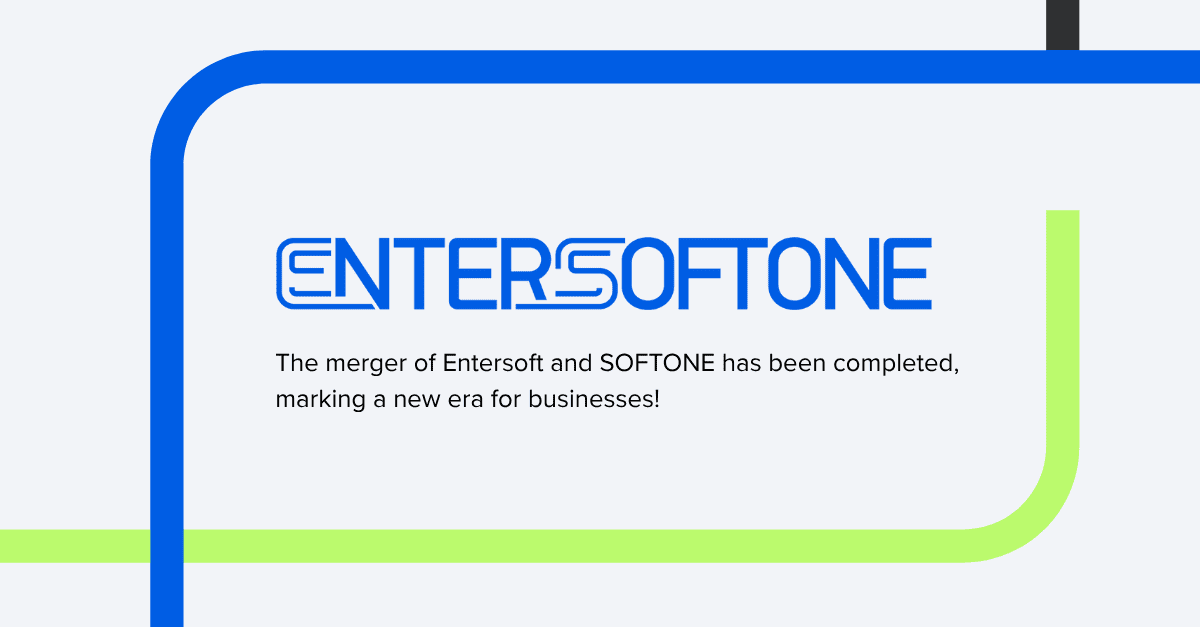Share
Read also

Trends & Views
Digital Transformation Strategies for Success

Business Software
CRM for Small Businesses and Seamless Integration

News & Events
ENTERSOFTONE: The merger of Entersoft and SOFTONE has been completed, creating the largest provider of business software products and services in Greece and Southeast Europe.

Mobility
Outlook for the BYOD and EM market from 2025 to 2035
One of the most obvious disadvantages of remote work is the physical distance among team members. Fortunately, technology minimizes the negative impact by offering the right tools. And, although you cannot fully monitor your customers’ shopping habits, especially in unique circumstances such as the current ones, there are some steps you can take to ensure that your sales machine continues to function efficiently, even in remote working conditions.
Seamless access to CRM
There is no doubt that Sales uses your CRM. Is this also true, though, for the other teams that interact with Sales? For example, Marketing works with Accounting, which ensures that customers pay their bills on time. Providing access to CRM increases transparency and enables the Sales team to focus on numbers, rather than answering questions and looking for information needed by employees that do not have access. Of course, access should be controlled through licensing management. All you need to do, is assign the right permissions to your employees, so they can do their job more efficiently.
When working remotely, it is no longer simple for Sales to ask for IT support. Faced with so many challenges, such as laptop provisioning and increased security, IT is under a lot of pressure. Therefore, it is important to provide Sales with some self-service solutions. For example, email and CRM integration can help your team achieve more, reach more customers, and collect more data, reducing the workload for the IT team.
Finally, to avoid wasting time and make sure your meetings are meaningful and more productive, focus on data-driven reports generated from your CRM solution. Take advantage of CRM insights to track Sales activity, recent leads, etc. to maximize productivity.







